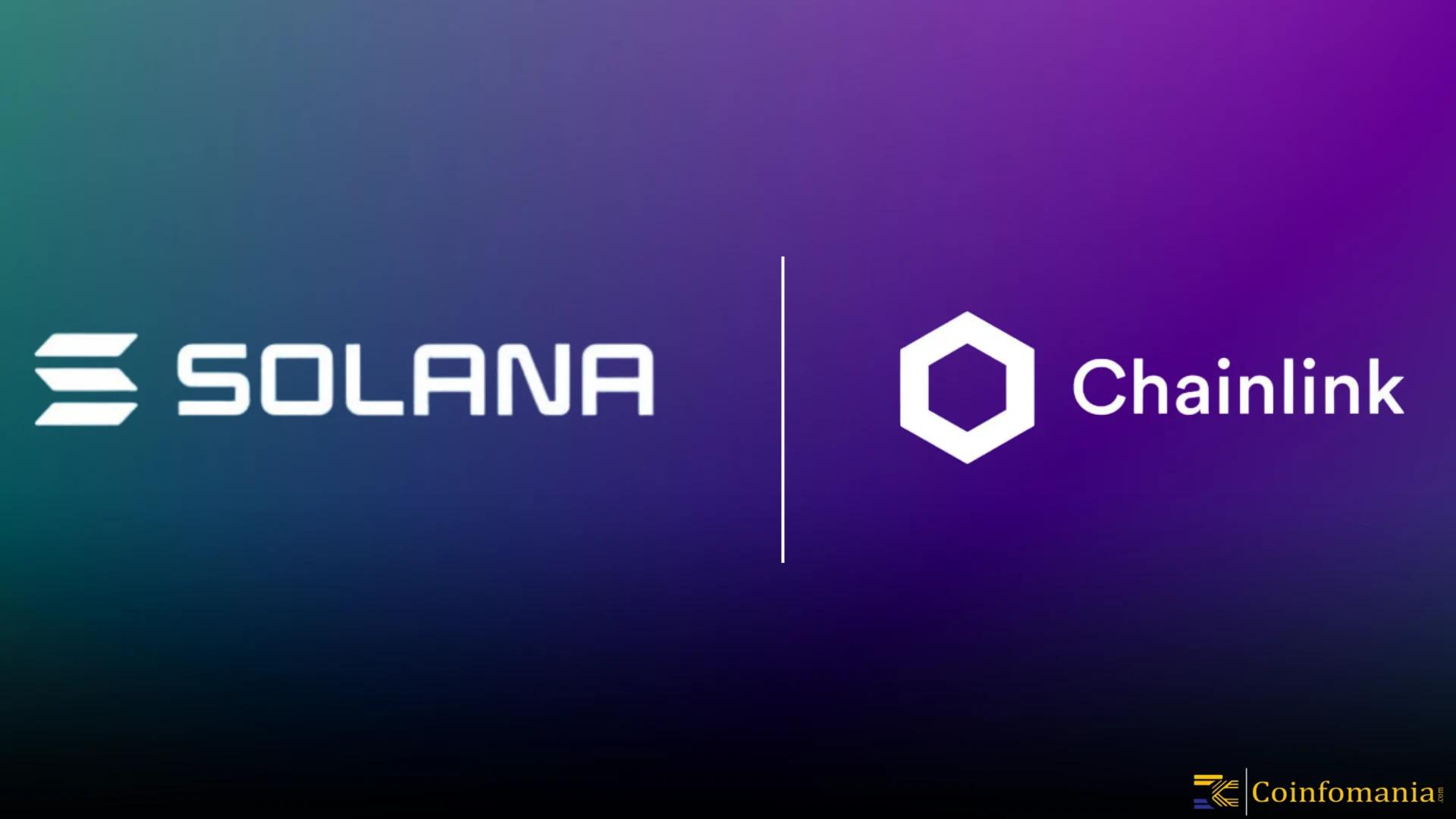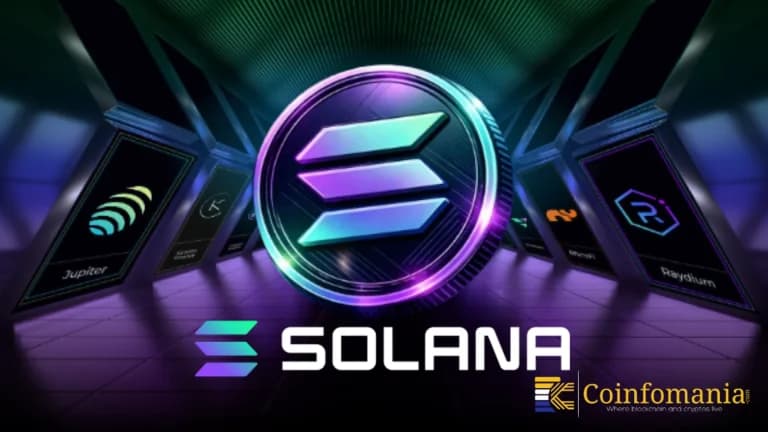Chainlink Empowers Solana with Advanced Cross-Chain Capabilities
Chainlink launches CCIP on Solana, enabling cross-chain smart contracts and programmable token transfers. Sergey Nazarov calls it a game-changer.

Chainlink has officially launched its Cross-Chain Interoperability Protocol (CCIP) on the Solana blockchain, according to an announcement shared on Chainlink’s official X account. The integration marks a major step forward in blockchain development, giving Solana the tools to connect with other leading networks and execute smarter, more efficient contracts.
In a video attached to the post, Chainlink co-founder Sergey Nazarov called the integration a game-changer. He emphasized how this move strengthens Solana’s technical infrastructure and positions it as a more attractive option for developers, investors, and institutions alike.
What Is Chainlink CCIP?
Chainlink’s Cross-Chain Interoperability Protocol (CCIP) is a decentralized messaging and data transfer system that allows smart contracts to interact across multiple blockchains. In simpler terms, CCIP acts as a secure highway for information and assets to move between chains like Ethereum, Polygon, Avalanche, and now Solana.
Previously, smart contracts were largely limited to operating within their own ecosystems. Now, developers on Solana can build applications that seamlessly connect to data and assets from other chains. This significantly expands what’s possible on the network and improves overall usability.
Three Key Benefits for Solana
In his explanation, Sergey Nazarov outlined three key advantages that CCIP brings to the Solana ecosystem:
1. Increased Institutional Capital
The added trust, security, and flexibility introduced by Chainlink CCIP could help attract more institutional investment. Large investors are looking for scalable, secure, and interoperable infrastructure before committing significant capital. CCIP delivers on all three fronts.
2. Stronger Cross-Chain Connections
One of the biggest limitations in blockchain development is the lack of interoperability. With CCIP, Solana can now interact more efficiently with other major blockchain networks. This enables broader liquidity, shared ecosystems, and more advanced applications.
3. Enhanced Smart Contract Capabilities
The launch allows developers to build smart contracts on Solana that feature cross-chain messaging and programmable token transfers. These tools unlock advanced use cases such as decentralized finance (DeFi), real-world asset integration, insurance platforms, and more.
Nazarov: “This Is a Game-Changer”
Nazarov emphasized that the Solana-Chainlink integration will empower developers to go far beyond what was previously possible. Smart contracts can now initiate actions across networks, such as transferring assets, triggering events, or executing transactions based on real-time data from other chains.
This functionality is essential for the future of blockchain, where isolated ecosystems are gradually giving way to a modular, interconnected Web3 environment. Solana’s high performance, combined with Chainlink’s reliability, makes the partnership a powerful addition to the crypto infrastructure landscape.
What This Means for the Web3 Future
The integration of CCIP on Solana is a milestone that could define the next phase of Web3 growth. It makes the Solana network more interoperable, more capable, and more open to enterprise adoption. It also allows developers to focus on user-friendly, scalable applications without being locked into a single chain.
As demand grows for cross-chain apps and programmable value transfers, Solana’s ability to deliver high-speed execution alongside Chainlink’s trusted oracles could set a new standard for smart contract platforms.
Follow us on Google News
Get the latest crypto insights and updates.
Related Posts

Solana Quietly Processed CEX-Level on Monad’s Launch Day
Triparna Baishnab
Author

White House Stablecoin Talks End Without Deal Between Banks, Crypto
Shweta Chakrawarty
Author

Goldman Sachs Cuts Bitcoin, Ethereum ETF Stakes, Adds XRP, Solana
Shweta Chakrawarty
Author